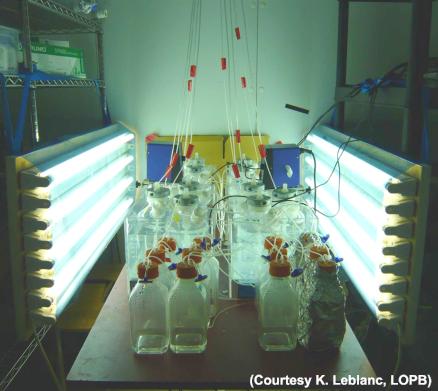
|
|
|
Program > • Session BiotechnologyBiotechnological applications are very important for both human health and industry. Microbial cells are grown in artificially engineered environment in order to perform fermentation, bio-remediation, bio-transformation etc., Many methods have been developed so far to address cell information mandatory to monitor and optimize the cultures. Obviously cell counting is one of the first parameters measured to monitor the biomass as well as identify micro-organisms during bio-processing and detect possible contamination. With the advance in technology, instruments, and fluorescent dyes, accurate measurements of cell proliferation, viability, cell structure and mechanical properties of the cells are nowadays possible. As process performance depends largely upon biomass (cell abundance) and cell physiological state, it is more than necessary to address these features if informed decisions about a process are to be made. Analyses at the single cell level appear therefore very valuable for monitoring cultures in the frame of biotechnological applications: - They help to optimize the culture conditions in order to get high product yields and to harvest the product at optimal concentrations, -They are very important to monitor the various levels of cell viability (number of live, damaged, or dead cells) or activity (active or dormant cells) present during any part of a process. Damaged, dead or dormant cells have a detrimental effect on the synthesis yield and efficiency of any products or breakdown of waste materials in the cultures. The aim of this very session is to present recent advances in this field, particularly the ones which have led to real process improvements and a better understanding of the complex interaction between the cells and their direct environment.
Chairman : Dr. Gerhard Nebe-von-Caron (Alere International Cranfield, Bedfordshire, UK)
|


